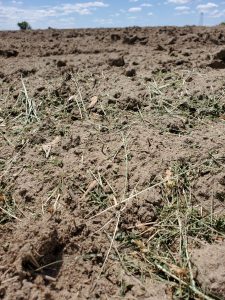The USDA has translated its organic regulations and resources into Spanish. Available online are:
USDA Organic Regulations
Organic Foods Production Act
NOP Handbook
Organic Integrity in the Supply Chain
Training materials
Video resources on certified organic FAQ, preventive practices, and recordkeeping
Tip/Fact sheets on topics ranging from soil assessments, composting, manures, orchards, livestock, dairy, meat, and others


 Rutgers Cooperative Extension is working with other extension professionals in the northeastern states to deliver weekly, one-hour webinar programming for agritourism and on-farm direct market operators. The 3rd session will focus on what to do in the event of an confrontation, accident, or injury, and how to communicate with the media in a crisis. Registration is being handled through the University of Vermont. See information below to join the webinars. There are separate registrations for each event.
Rutgers Cooperative Extension is working with other extension professionals in the northeastern states to deliver weekly, one-hour webinar programming for agritourism and on-farm direct market operators. The 3rd session will focus on what to do in the event of an confrontation, accident, or injury, and how to communicate with the media in a crisis. Registration is being handled through the University of Vermont. See information below to join the webinars. There are separate registrations for each event. 